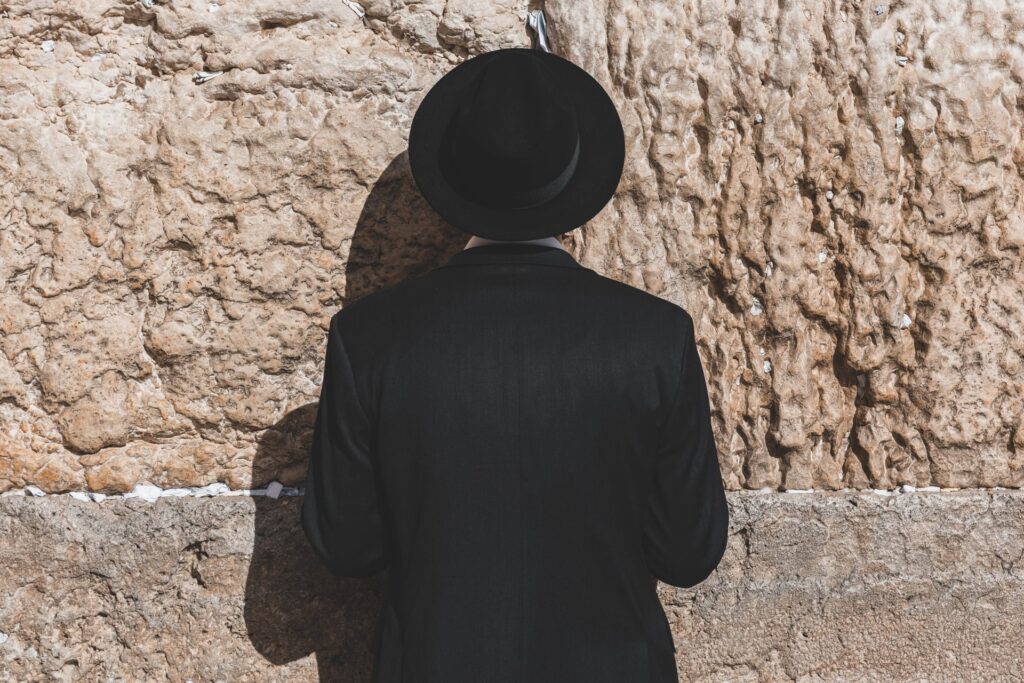
A synagogue is a Jewish house of prayer and study. It is a place where Jews come together for religious worship and to learn more about their faith. A rabbi is a religious leader of the Jewish community who is trained in Jewish law and tradition. In many ways, rabbis like Moshe Rabin and synagogues are two sides of the same coin. Both are essential to the Jewish faith, and both play important roles in the lives of Jews around the world.
The Role of the Rabbi
A rabbi’s job is to teach people about Judaism and to help them apply its principles to their lives. In addition to conducting religious services, rabbis often give classes on Jewish history, culture, and religion. They also offer counseling and guidance to Jews who are struggling with personal or financial problems. In some cases, rabbis even act as mediators in disputes between individuals or between different Jewish groups.
The Role of the Synagogue
A synagogue is more than just a place of worship; it is also a center for learning and community building. Synagogues offer educational programs for children and adults, social events, and support groups. They also provide a space for Jews to come together to celebrate holidays and other special occasions. In short, synagogues play an important role in the lives of Jews around the world.
The Importance of Rabbis and Synagogues
Rabbis and synagogues are essential to the Jewish faith. Without rabbis, there would be no one to teach people about Judaism or help them apply its tenets to their lives. And without synagogues, there would be no central place for Jews to gather for worship, learning, and community building. Together, rabbis and synagogues play a vital role in preserving the Jewish faith and traditions for generations to come.
The contributions of the Rabbis
1. The rabbi is the religious leader of the synagogue and is responsible for overseeing all religious activities.
2. The rabbi gives sermons during services and provides guidance to congregants on religious matters.
3. The rabbi leads prayer services and officiates at lifecycle events such as weddings and funerals.
4. The rabbi is responsible for teaching Jewish law and tradition to members of the synagogue.
5. The rabbi provides counseling and support to members of the synagogue community.
6. The rabbi advocates on behalf of the synagogue community on issues such as social justice and Jewish education.
7. The rabbi works with the synagogue board to ensure that the synagogue runs smoothly and efficiently.
8. The rabbi is a source of wisdom and knowledge for the synagogue community.
9. The rabbi plays a vital role in the life of the synagogue and its members.
Conclusion:
Rabbis and synagogues are two important pillars of the Jewish faith. They play a vital role in preserving the Jewish religion and traditions. Without rabbis, there would be no one to teach people about Judaism.
Rabbis serve as religious leaders and teachers, while synagogues provide a space for worship, learning, and community building. Both rabbis and synagogues are essential to preserving the Jewish faith for future generations.